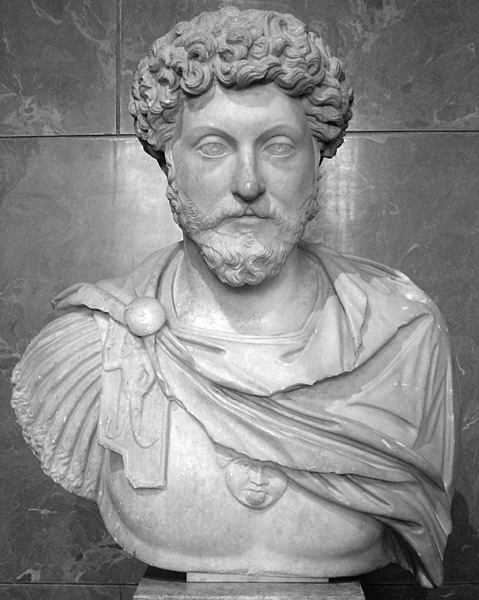 There are many good reason why students of the NT should spend a fair amount of time studying and becoming familiar with Stoicism, the least of which is that Stoicism had its hey-day in the first century of the common era. Yet, there is another reason why such knowledge is of significance. We find this reason in the second-century Acts of John.
There are many good reason why students of the NT should spend a fair amount of time studying and becoming familiar with Stoicism, the least of which is that Stoicism had its hey-day in the first century of the common era. Yet, there is another reason why such knowledge is of significance. We find this reason in the second-century Acts of John.
Midway through the narrative, John receives an epiphany telling him to make his way into the country. John obediently follows the divine order and comes upon a farm, where he notices a young man running toward the farm with a sickle.
Through their conversation, we learn that the young man was on his way to commit suicide because he had just murdered his father with a lethal kick. The son discloses that there was some tension between him and his father, specifically over his desire to take another man’s wife as his own, an act of which his completely unreasonable father disapproved. The son had decided, therefore, to gruesomely kill himself with a sickle (probably because his other lethal weapon, his foot, is not among the weapons of choice for killing oneself).
John decides to intervene and alleviate the regrettable situation by resurrecting the son’s father. What happens next may perhaps be a tad bit over the top: “But when the young man saw the unexpected resurrection of his father and his own deliverance, he took the sickle and took off his private parts; and he ran to the house where he kept his adulteress and threw them down before her, and said, ‘For your sake I became my father’s murderer…. As for me, God has had mercy on me and shown me his power.”
In a state of ebullience, the son “went and told John before the brethren what he had done. But John said to him, ‘Young man, the one who tempted you to kill your father and commit adultery with another man’s wife, he has also made you take off the unruly (members) as if this were a virtuous act. But you should not have destroyed the place (of your temptation), but the thought which showed its temper through those members; for it is not those organs which are harmful to man, but the unseen springs through which every shameful emotion is stirred up and comes to light.”
What could have saved this young man from such an impetuous act? Stoicism 101! We might wonder why John, who is cast in the Acts of John as a man of superior wisdom, did not consider teaching the transparently distraught and emotionally charged young man, who happened to be wearing a sickle on is belt and disclosing his intent to kill himself in a “more cruel” manner than that of his father, a brief lesson on Stoicism. Why did he wait until later to reveal to the young man the beliefs of the group? Perhaps it was events like this that caused the church to think that catechism prior to initiation was better than the alternative.
We should not miss the other take away, though: Stoicism is more than a philosophy that helps us interpret the NT, it also has practical life applications and might one day keep you from feeling a little sheepish in front of a group of people you are trying to impress.


